Grandia
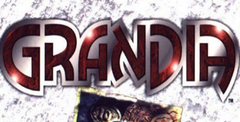
| a game by | Sony Computer Entertainment, and Game Arts |
| Genre: | Adventure/RPG |
| Platforms: | Playstation, PSX |
| Editor Rating: | 9/10, based on 3 reviews |
| User Rating: | 10.0/10 - 3 votes |
| Rate this game: | |
| See also: | RPGs, JRPG Games |
Overview
When Grandia was released for the Saturn in Japan people were ecstatic. Now two years later PSX RPG fans get to see what the fuss is all about. Although Final Fantasy VII edges it out in the technology department (mainly better graphics) Grandia still has a lot to offer. Game Arts, the small company with the cool Lunar series did a great job of putting a large and complex world together where players can get immersed.
In the far eastern corner of the Messina Continent lies the small port town of Parm. This once-sleepy village is coming to life in the throes of a booming industrial revolution. Young Justin yearns for adventures, so before long, Justin and his friend Sue hike out to explore the Sult Ruins, a forsaken place north of Parm. Soon they’re on a rollicking journey that leads to the ultimate goal of stopping General Baal and the Garlyle army.
Gameplay
Grandia’s gameplay is some of the best I’ve seen for RPGs. The battle system is quasi-real time, with a time gauge that determines who or what gets to attack. When you enter the command, the distance to the enemy, and the time they have to do it, the game determines if the command is actually carried out or not. The more powerful commands take a longer amount of time (therefore you have to wait longer between each one) than the weaker ones, so this gives a nice twist to most standard RPGs. Although the time is always flowing I still consider it quasi-real time because, all in all, the fighting still feels like it is turn-based. Not a big deal unless you absolutely hate turn based games. Enemies and items are visible on dungeon maps so you don’t get as many random battles as other games (very nice as some other games wear thin when it seems like all you do is battle). If you’re not feeling feisty or don’t feel that your party is up to snuff then you can usually avoid a fight, although you can’t hide forever otherwise your party won’t ever grow stronger. One other cool thing is that if you’re ambushed you have less time than normal to react first which is fairly realistic. Even though the characters aren’t as customizable as some other games, I found myself more involved molding each one so I don’t necessarily think this is a hindrance.
Grandia’s magic and skills system is pretty neat. The characters don’t have magic at first but that doesn’t last long as you’ll soon find mana eggs. The mana eggs can then be hatched at stores to give a character some magic and skills that can be leveled up to gain advanced forms of magic or more strength. When you repeatedly cast a particular spell, the character becomes more skillful and more spells become available. Characters can also master various weapons and when mastered they get more attacks to play with. The number of spells and attacks is staggering and varies with characters, which keeps you involved.
Graphics & Audio
The graphics are pretty good even if they are two years old. The towns and areas are presented in an overhead 3D perspective and have a rich look that is artistically detailed. When you use the L & R buttons the environment rotates letting you search out those items that might be currently hidden. When you do this however, the challenging thing is to not get confused as to where you’re at. The environments are also pretty interactive with buildings you can enter and objects you can mess around with after you press the action button. The only negative things I can say about Grandia are the occasional drops of frame-rate when you’re in a graphics intensive area and some of the bland dungeon designs.
The environment and battle sounds are above average and enrich the game. The part needing work are the voices which, depending on the character, are either monotonous or squeaky and irritating. Another gripe was that there is a lot of talking and no way to skip over it; I don’t think it would be too much to ask to skip over or speed up a conversation by hitting a button.
Bottom Line
If you’re an RPG fan then this is a must have. If you’re more of a jock-playing or hack and slash type of gamer then I suggest renting this to see if RPGs are for you. Game Arts did a great job with this one and hopefully they have a sequel in the works.
Download Grandia

System requirements:
- PC compatible
- Operating systems: Windows 10/Windows 8/Windows 7/2000/Vista/WinXP

System requirements:
- PC compatible
- Operating systems: Windows 10/Windows 8/Windows 7/2000/Vista/WinXP
Game Reviews
For a good deal of 1997, when the Sega Saturn was still a player (however remotely) in the 32-Bit console wars, there was a raging debate over which RPG was superior: Square's Final Fantasy VII or Game Arts' Grandia. The problem was that Saturn owners had to continually refer to the import version, while U.S. PlayStation owners could gloat over the localized version of the RPG behemoth that was FFVII. While Saturn owners sent petition after petition for a translation of Grandia to make it stateside, those pleas fell on deaf ears, as it would never materialize via Sega of America, who opted instead to bring over their homegrown property Shining Force III.
It was still a good argument while it lasted though, as Grandia had on its side Game Arts' RPG legacy. This was, after all, the company that had brought us the highly revered Lunar series. Game Arts had always been a strong Sega supporter, and in tandem with Working Designs, had formed a substantial reputation among the U.S. gaming community.
The other thing that worked in the favor of Saturn owners was the belief (at that time) that Grandia could not be ported over to the PlayStation. The situation was that Grandia's backgrounds were completely 3D, filled with tons of little details, featured an expansive variety of textures, and were brightly colored. All these things, in addition to the sprite-based characters, music, text and spell-effects, were considered substantial memory-hoggers, and could not be managed into the PlayStation's measly 2 Megs of on-board RAM. However, rumors started filtering through the grapevine that Game Arts had found a way to get it done and that work had finally commenced on a PlayStation version of their critically acclaimed RPG. Good news for PlayStation owners and good news for Game Arts, since the Saturn version of Grandia had sold less than they had hoped in Japan (around 450,000-500,000 copies), where it had sat atop the most wanted lists for over a year.
While it may be difficult to find the last remaining Saturn fans out there, but wherever they are, surely it's a knife in the heart to know that not only is Grandia coming out for PlayStation, but that Sony themselves have snapped up the publishing rights to the FFVII "killer." While no one could say that Grandia was a technological tour de force, especially compared to the flashy wonders of Final Fantasy VII, Game Arts' strong point was always the quality of the story line and their characters. With Final Fantasy VII often accused of being a glitzy, but shallow experience, Grandia, conceivably serves as the perfect foil: less emphasis on the graphics, and a stronger focus on the story line and character development.
The story of Grandia centers around the adventures of a young boy named Justin and his friends Sue and Feena. Like most 15-year-olds, Justin is out to save the world from the tyrannical plans of the wicked General Baal. During gameplay, you can have up to three additional partners in the game, for a grand total of four in any given "war party." The game features a "field radar" view that allows gamers to examine their surroundings from an overhead perspective, which in turn allows for easier item location. With over 200 different enemies to battle, it's a good thing you can see them on-field at all times. No random battles here, folks. No loud "pssssshhhh!!!!!" and then a swirling distortion of the screen. In Grandia, if you can see your enemy, you can avoid your enemy, although doing so continuously will result in lower experience levels (very, very bad!). Battles are conducted in real time, with attack, critical attack, item use, magic spells, defend and retreat your principal options. Attacks are interesting (in a good way) in Grandia. With the battle timer continuously running, and different characters' timers running at different speeds, players can overlap attacks as they go. For example, if Justin's attack meter begins, and he starts a "combo" attack, then Feena's starts a second after Justin begins his attack, and her actual attack-rate is faster, she'll jump in and join in on the carnage, resulting in both Feena and Justin attacking simultaneously. If timed right, all four members of the party could potentially wail on the same enemy at once. Magic spells are numerous and diverse, and can be learned by practically every member of your crew, unlike most RPGs where only certain characters are magic specialists. While their most powerful attacks will vary, they share the most common, lower-level attacks like healing, resurrection, elemental attacks and protective spells. Anyone concerned with the "been there, done that" sensation regarding common use of spells need not worry since there are also over 200 weapons and 200 useful items to keep and collect, to go along with the 80-plus spells that gamers can use.
On an aesthetic level, Grandia features one of the most exhilarating soundtracks ever composed, video game or not. The score that accompanies the epic FMV intro is of particular beauty and warrants the purchase of the Grandia soundtrack (on import if you can find one). Grandia has also had its extensive voice-over work completely rerecorded in English, which should be a bonus for gamers who hate reading subtitles.
Enhanced for the PlayStation version of Grandia are an improved frame-rate, better light-sourcing effects and real transparencies (which the Saturn version sorely lacked). Loading times are slightly reduced as well, lessening the dread that used to accompany the simple process of entering the inventory screen in the Saturn game.
Scheduled for release in October of this year, ironically, Grandia will arrive hot on the heels of its one-time archnemesis, the Final Fantasy series, only this time it will be on the PlayStation. Finally RPG nuts will be able to experience the wonders of Game Arts' finest hour in full-on English translation.
With the release of Grandia this fall, the PlayStation is definitely the place to be when it comes to RPGs. Already the system has had Legend of Legaia, Lunar: The Silver Star Story, and Star Ocean: Second Story on its roster. With the eventual addition of upcoming RPGs Thousand Arms, Final Fantasy VIII, Grandia, Lunar 2: Eternal Blue and others, the PlayStation currently owns the RPG market. To think the N64 has but two role-playing games in its entire library, with only Ogre Battle on the distant horizon. Nevertheless, the opportunity to play one of the finest RPGs ever made is finally at hand. Do yourself a favor and preorder this one.
When was the last time you played an RPG and craved more combat? Grandia is one of the rare instances for us where we didn't mind fighting random encounters 45 hours into the game. Why? It's all about Grandia's combat and character growth system. First off, you can always see monsters off in the distance before combat ensues; this means you can actually avoid combat when you want to. Also, the conditions of combat will depend upon how you end up making contact with a group of monsters. For instance, if you run into them from behind, you'll have the initiative for a preemptive strike--and vice versa. During combat, an advancing IP Gauge (with character and monster icons) dictates the order of action. To keep things pseudo-turn based, the IP Gauge will temporarily freeze when you're choosing an action. Otherwise, combat moves along in real time. Since you can see (and anticipate) your opponent's window of action, you can time your attacks for cancelling and counter hit techniques. Related to the importance of the IP Gauge is the strategic location of your characters. If you want to hit an enemy on the other side of the map, you'll use valuable IP time moving there; time which the enemy is also recouping for his chance to strike. Land your attack at the right time and you can actually knock somebody back on the IP Gauge and cancel his/her move! Spells and custom moves also play a huge role in Grandia. There are four elemental categories for spells: fire, air, water and earth. Using a spell in each of these categories not only levels up that element, but also makes you more proficient in that particular attack. New spells are learned when you level up and combine your levels in each of the elements. This all makes for one of the deepest combat and character growth systems since Final Fantasy V. Whew!
People say:
GameArts (and Sony) has done us all a service in bringing over what is easily their best RPG effort. Grandia's story is at once epic and anecdotal, lighthearted and emotional. Much of the tale is told through episodic encounters with inhabitants throughout each of the towns. All of them have a story to tell or a quest to solve. Grandia's ability to sustain my interest, during the most random of conversations, is a real testament to the characterization of the game. It was easy to play through one of the "scenarios," then savor the experience with a timely save. Speaking of saves, the game is freaking HUGE. At the end of disc one, I clocked in at around 32 hours of play. The entire game takes close to 65 hours. Other aspects I loved about Grandia include the deep (and addictively fun) combat system that combines the best aspects of Active Time Battles and core elements of a tactics strategy game. Unfortunately, Grandia is sporadically plagued with unbearable voice acting, dodgy translation and even a little censorship. Visually, Grandia is warm and vibrant; there are hand-drawn details everywhere you look. The 3D engine suffers from occasional slowdown, but also gives Grandia's world much welcomed depth. This fall, you have no choice but to play both FF8 and Grandia. It's worth it.
A legendary Saturn RPG, Grandia had a lot to live up to when I sat down to play it. This thing didn't let me down. Sure, characters are too cutesy for my taste. The voice acting is lame and the music is so-so. But the epic story and--better still--awesome dungeons make up for all shortcomings. Although I didn't like the combat system as much as Che, battles never really got boring or intolerable. At least you'll finally see what all the fuss was about.
It's still amazing to me that with as big a company SCEA is that when it comes to translating a Japanese RPG, something feels like it's missing. The voice acting in Grandia is so unnatural and forced. I never got a chance to play the game on the Saturn, though, and am grateful to finally have it in English. A captivating story, excellent music and characters that you really care about all wrapped into one game. I just hope it doesn't get overlooked.
While it's unfortunate the U.S. Saturn didn't grab bragging rights to this title, I'm happy Grandia is out here at all. The game is swweeet. It has great graphics, an epic storyline, tons of characters to interact with and a kick-ass combat system that won't have you dreading that next, repetitive RPG battle Don't accidentally miss out on one of the best RPGs of the year, just because it doesn't have the FFVIII level of hype surrounding it.
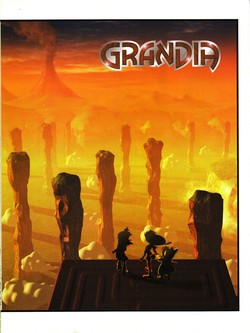
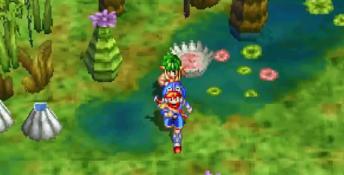

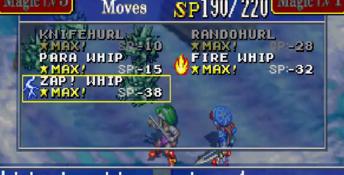
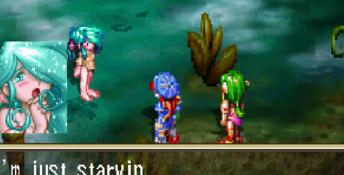


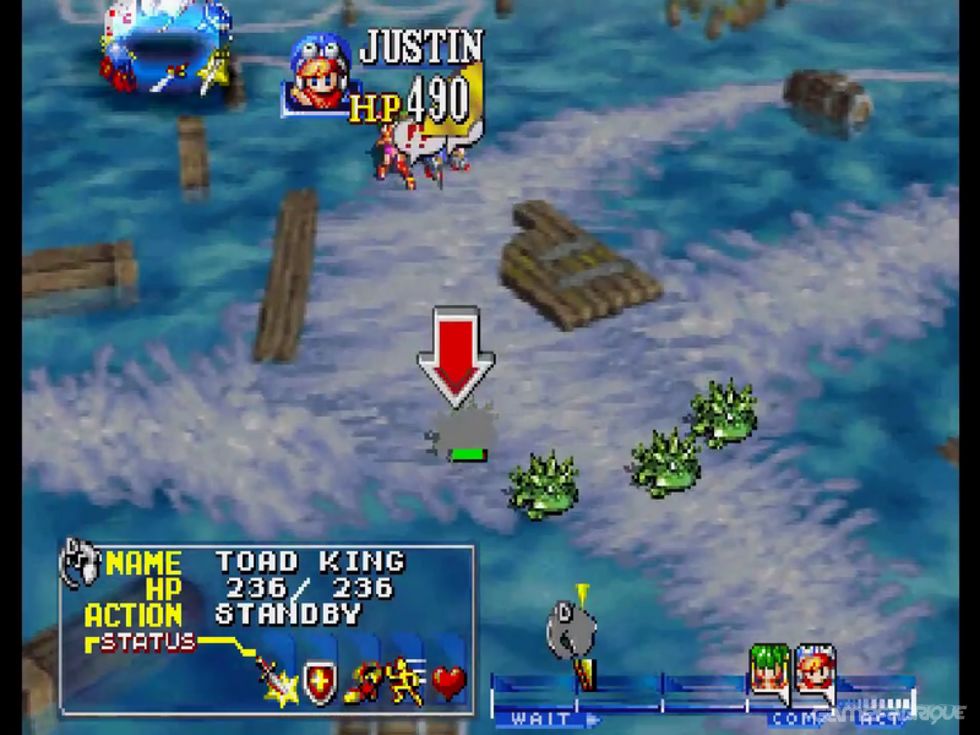



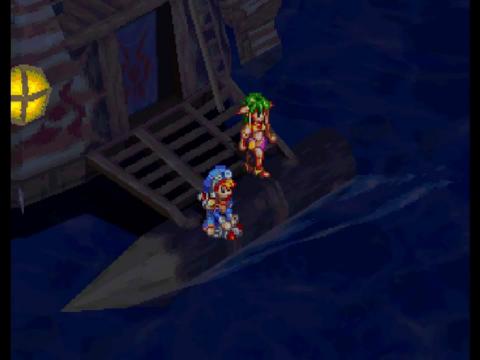








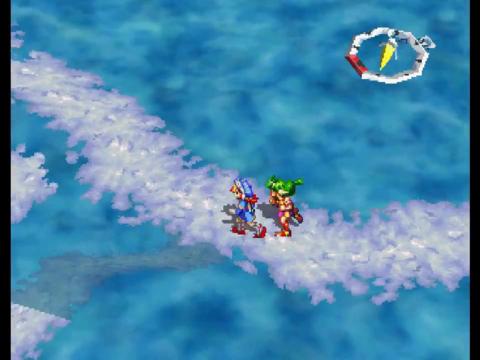

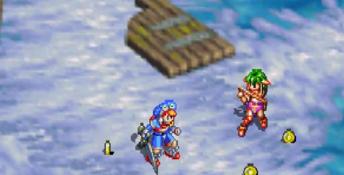
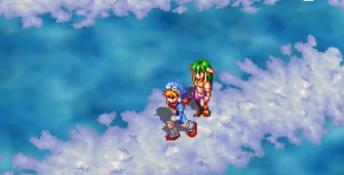
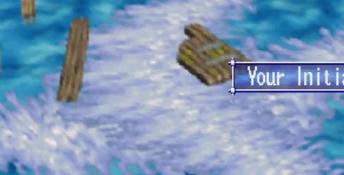
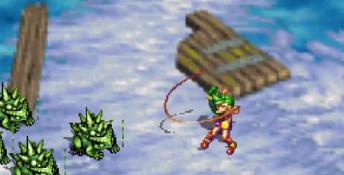
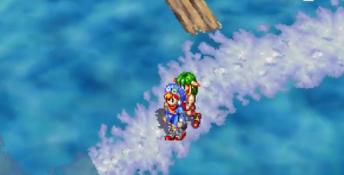
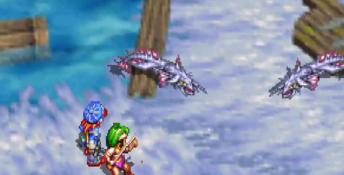
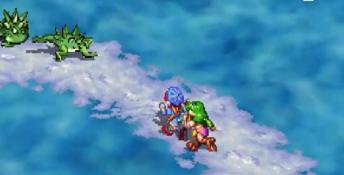
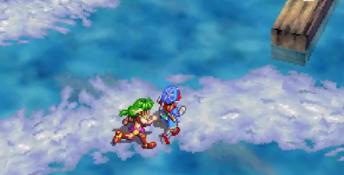
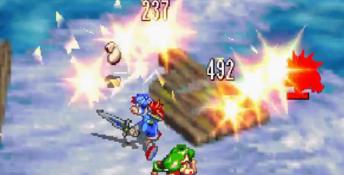
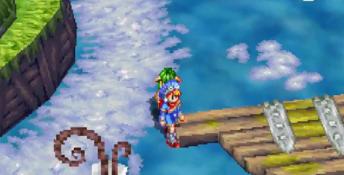

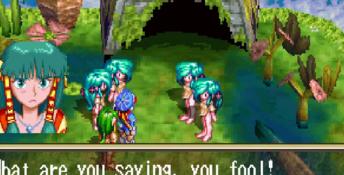
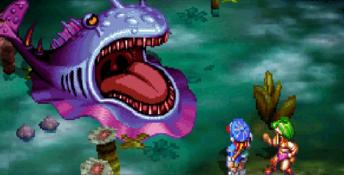
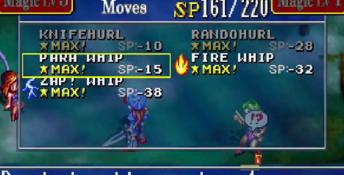
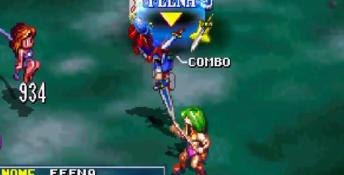
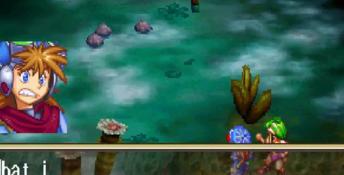
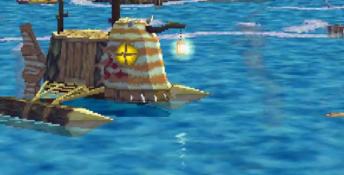
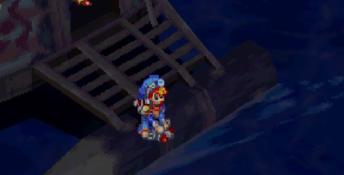
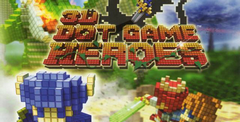 3D Dot Game Heroes
3D Dot Game Heroes
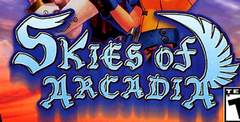 Skies Of Arcadia
Skies Of Arcadia
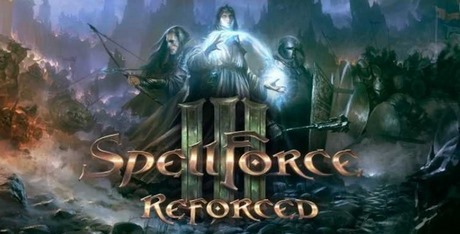 SpellForce III Reforced
SpellForce III Reforced
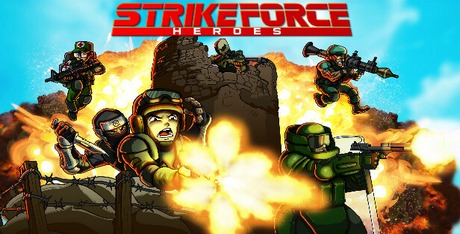 Strike Force Heroes
Strike Force Heroes
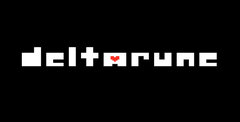 Deltarune
Deltarune
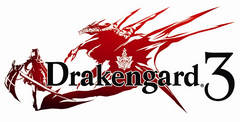 Drakengard 3
Drakengard 3
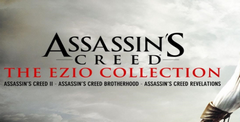 Assassin's Creed The Ezio Collection
Assassin's Creed The Ezio Collection
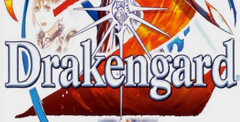 Drakengard
Drakengard
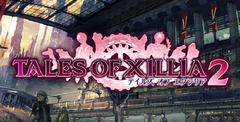 Tales of Xillia 2
Tales of Xillia 2
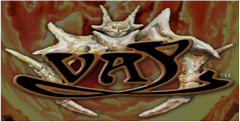 Vay
Vay
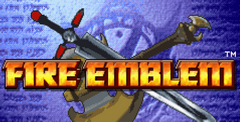 Fire Emblem
Fire Emblem
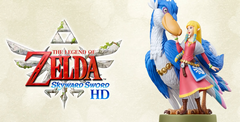 The Legend of Zelda: Skyward Sword HD
The Legend of Zelda: Skyward Sword HD
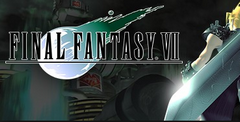 Final Fantasy VII
Final Fantasy VII
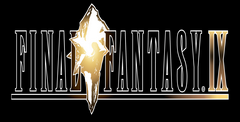 Final Fantasy 9
Final Fantasy 9
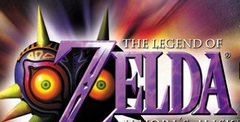 The Legend Of Zelda: Gaiden/Majora's Mask
The Legend Of Zelda: Gaiden/Majora's Mask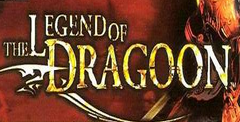 The Legend of Dragoon
The Legend of Dragoon
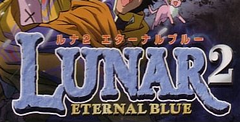 Lunar 2: Eternal Blue
Lunar 2: Eternal Blue
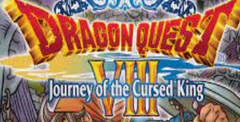 Dragon Quest VIII
Dragon Quest VIII
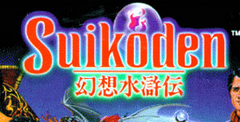 Suikoden
Suikoden
 Suikoden 2
Suikoden 2